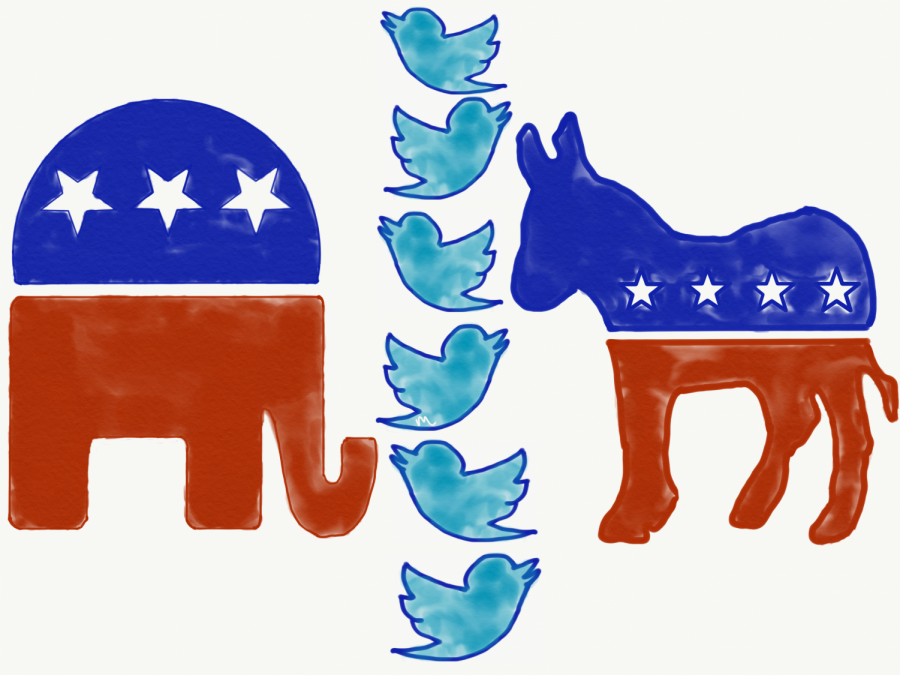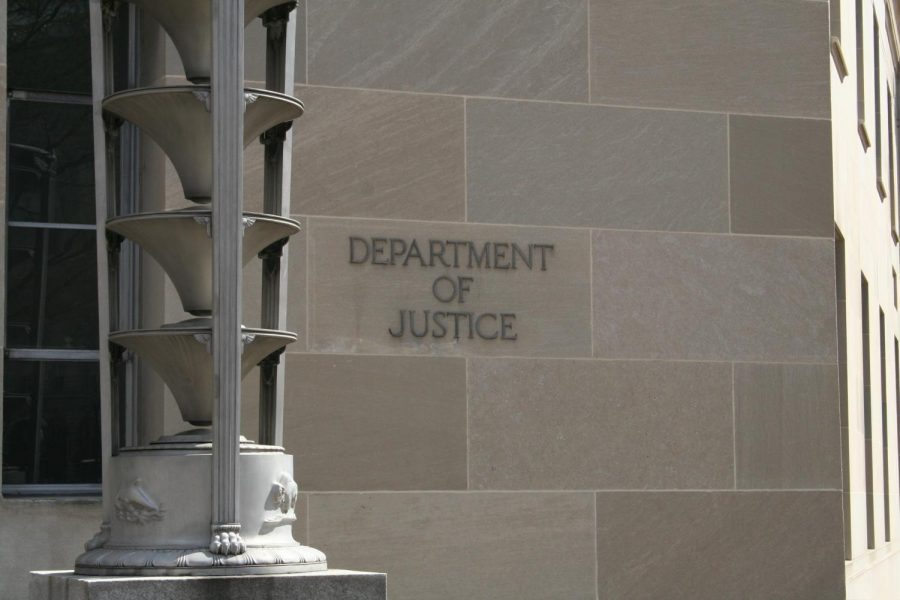By Sean Connolly, Editorial Section Editor
The offensive nature of the Confederate flag has become an issue of massive national discussion. There was a massive spark at the end of June, when activist Bree Newsome climbed the flag pole at the South Carolina State House and removed the flag. She received a massive swell of support for her actions.
“I removed the flag not only in defiance of those who enslaved my ancestors in the southern United States, but also in defiance of the oppression that continues against black people globally in 2015,” Newsome said in a statement shortly after she removed the flag.
By the middle of July, the flag was officially removed from the State House. Shortly after, the governor of Alabama ordered the removal of four Confederate flags from a Confederate memorial at the state capitol. Lawmakers in both Mississippi and Tennesse are revewing their state flags because they contain Confederate symbols.
Just last week, the University of Mississippi student council decided to remove the Mississippi state flag from campus because it contains the Confederate battle symbol in its corner. This is just the latest example of the upwelling of public support for the removal of the flag.
Some, of course, object to having the flag taken down. Many Southerners maintain that it is a part of their heritage and history.
This basic view seems to be held by many white Americans. Many genuinely believe the flag is not a symbol of racism but of pride in the history of the South. What they don’t seem to understand, however, is that pride in a racist past is, in itself, racist.
When the white people of the South cry out that the flag is part of their history, they forget that this history does not belong to them. The Confederate flag is also a part of the history of African-Americans. It is a symbol that was used by the Confederacy in a war meant to continue the institution of slavery, and it is a symbol that has been used by countless hate groups since the end of the Civil War. It is a reminder of hundreds of years of slavery, hatred and systematic discrimination. To claim that the flag is a symbol of history, while ignoring the reality of that history in relation to African-Americans, reeks of hypocrisy and racism.
“The context of the flag is directly linked to the idea that black people are not equal and not free,” Deray McKesson, a leader of civil rights activism, said in a statement to Al Jazeera. “It is simply untrue to suggest the flag is not rooted in racism.”
Honoring the Confederate flag is an erasure of the suffering that blacks have faced since the founding of the United States. Blacks in America have every right to be offended by the horrors of the past that the Confederate flag serves torepresent.
It’s important to remember that it isn’t up to a white person to decide whether or not it is a racist symbol. It is African-Americans who have reason to hold the flag in contempt, and if they are offended by the symbol– it is a genuine offense created by a long history of oppression.
A 2015 CNN poll showed that 75 percent of African-Americans see the Confederate flag as a symbol of racism, while only 25 percent of whites agree. African-Americans are the ones who have been oppressed by this symbol; it is for them to pass judgment, and whites to follow suit.
The issues of systematic racism that remain in America today cannot, of course, be solved with the removal of the flag. Still, taking the flag down at least shows recognition and shame of America’s terribly racist past. It is an admission of guilt to a reality that must not be denied.
Photo Courtesy Edward Stojakovic, Creative Commons















